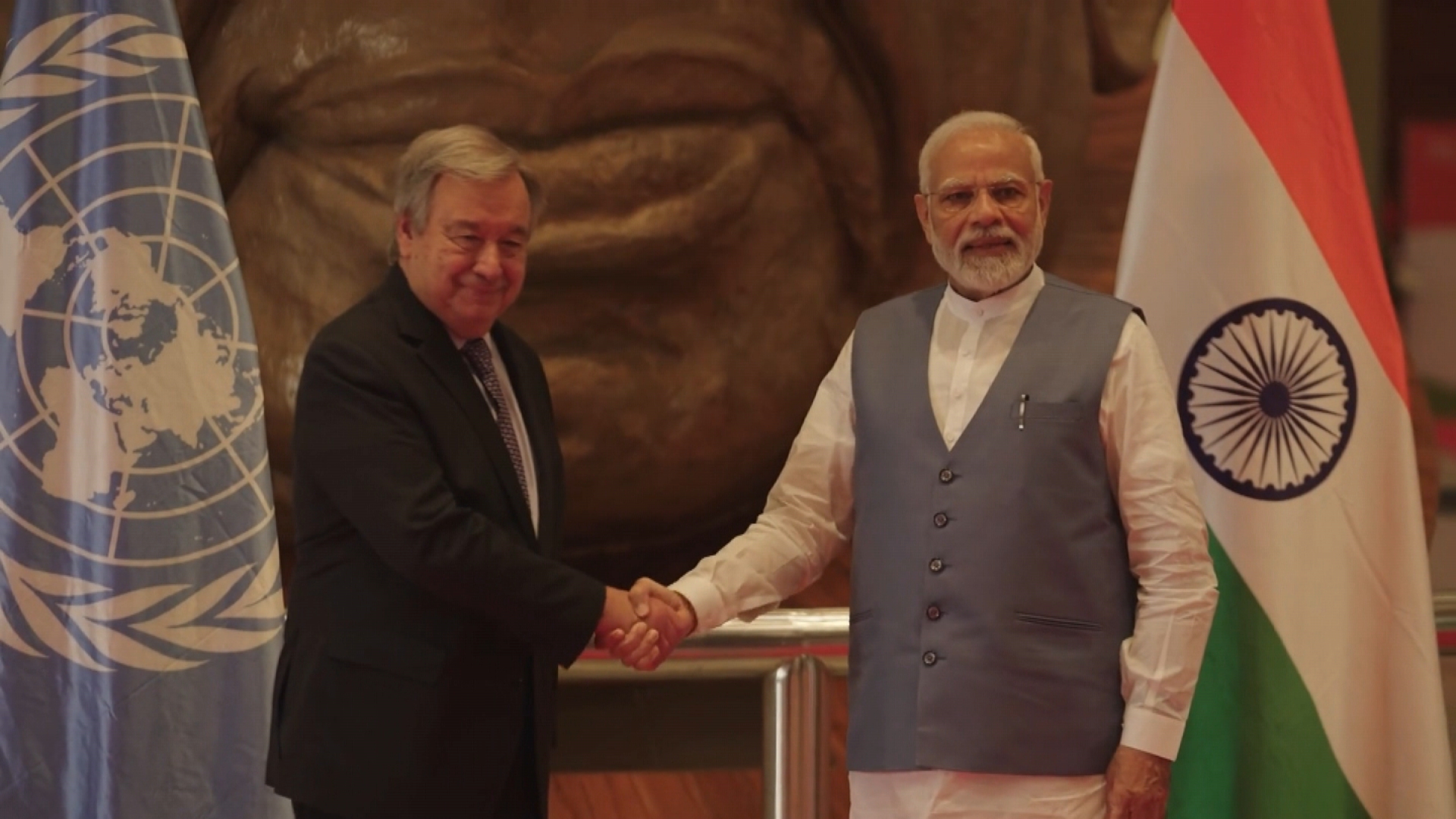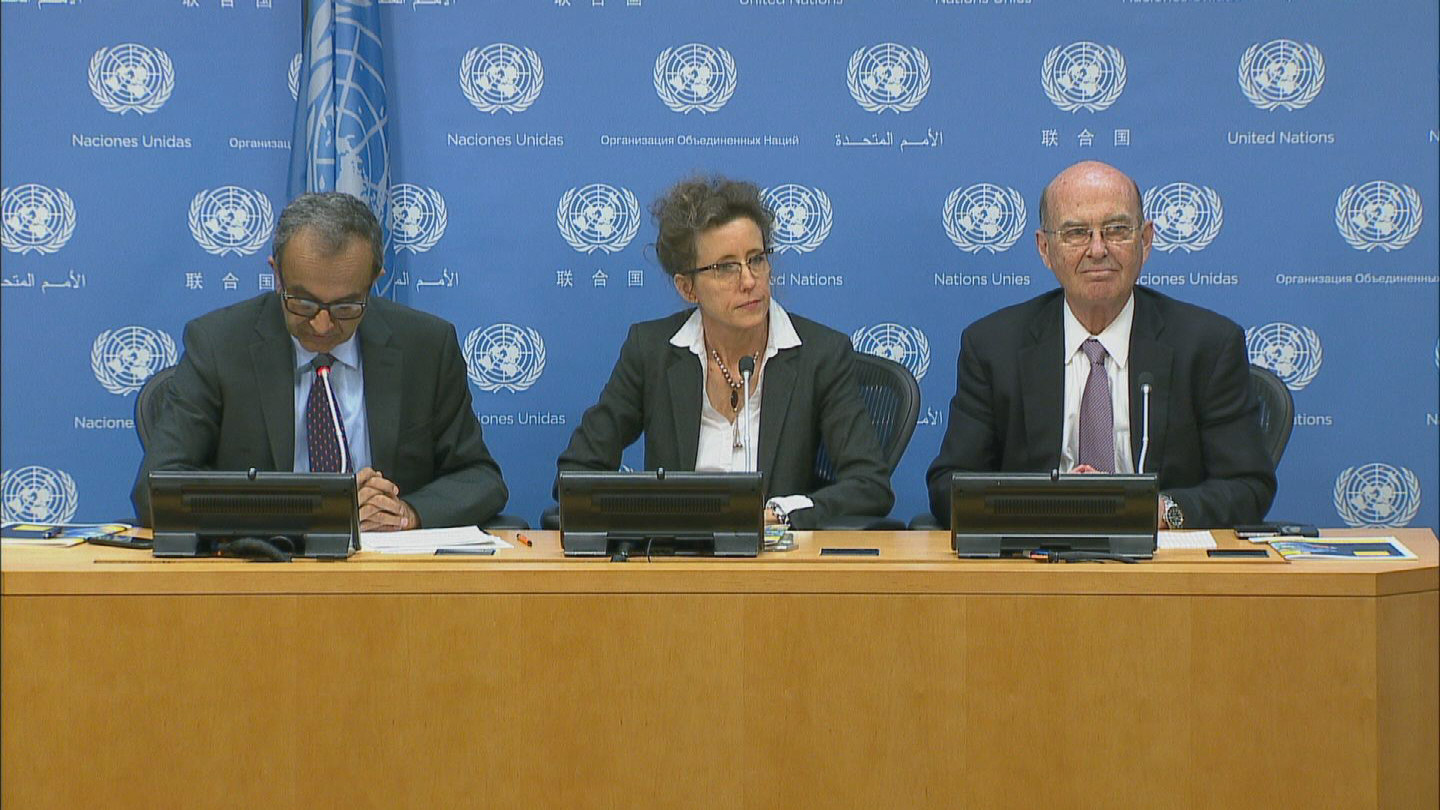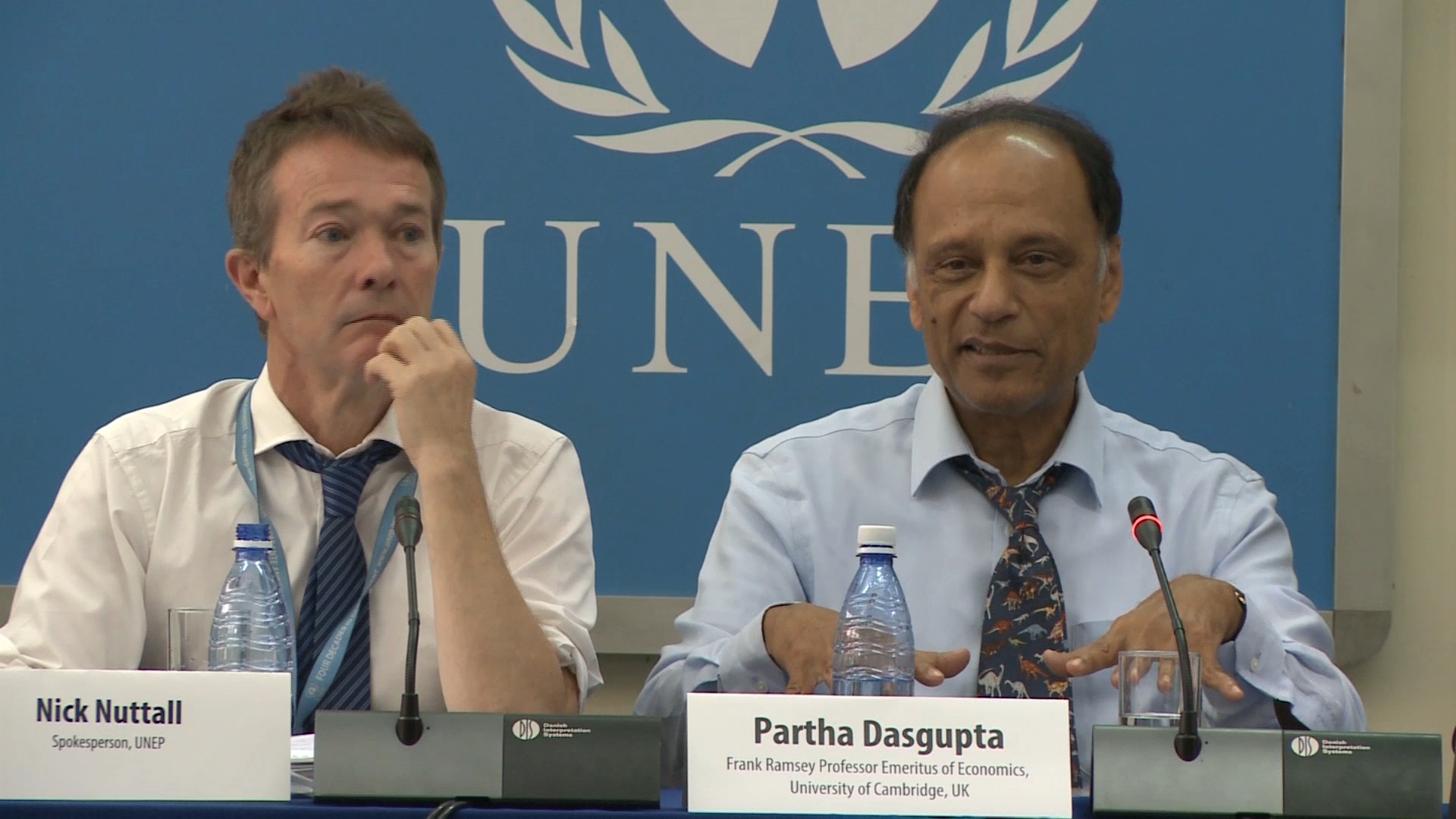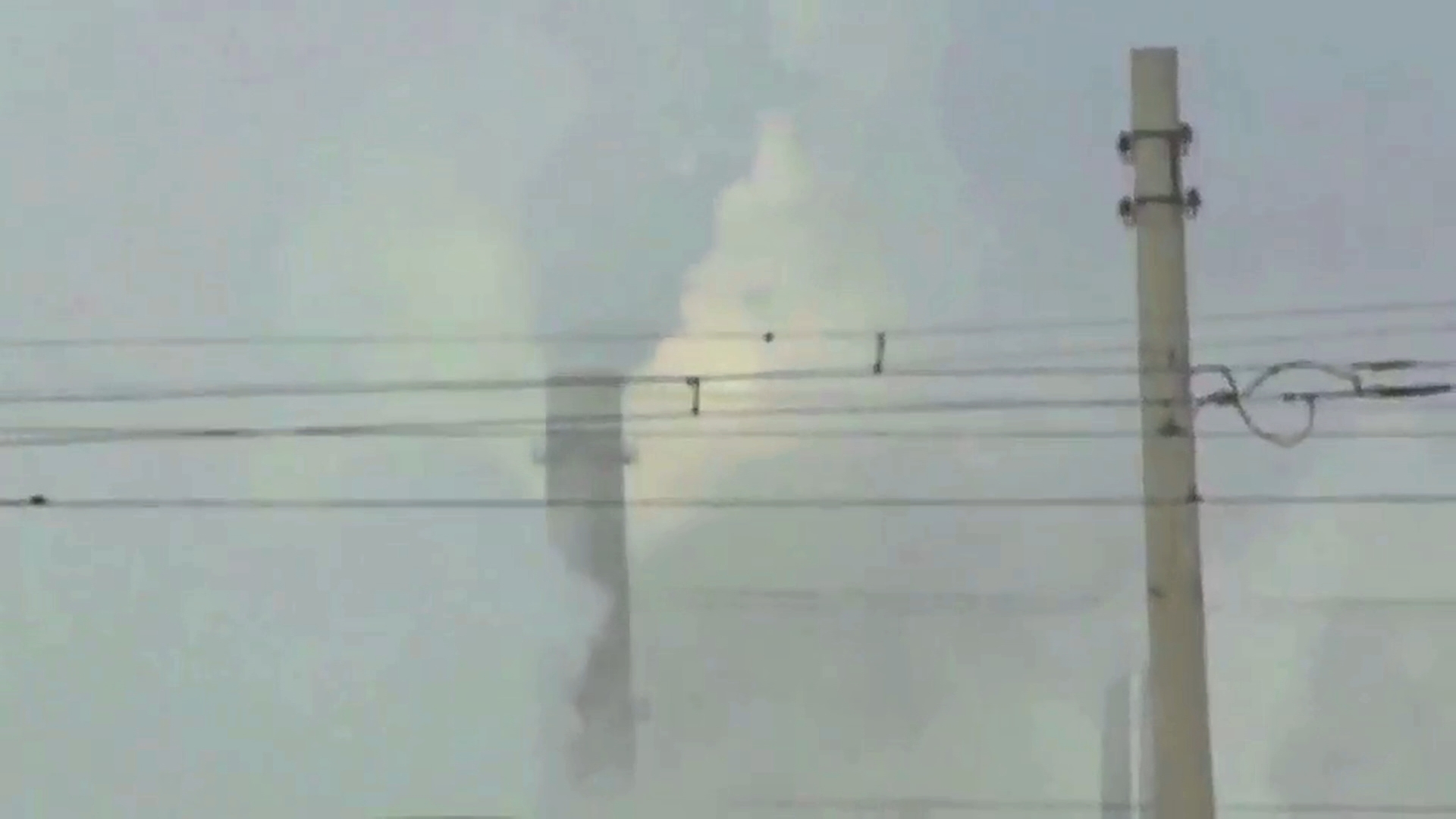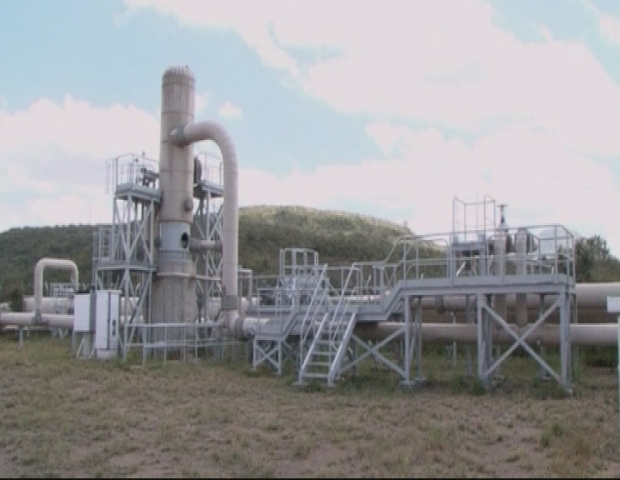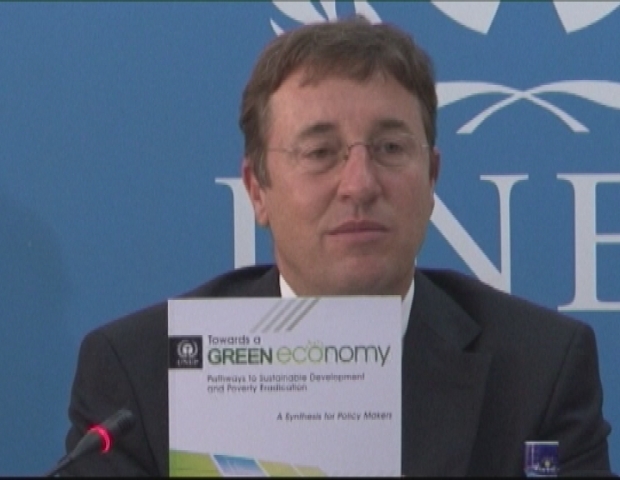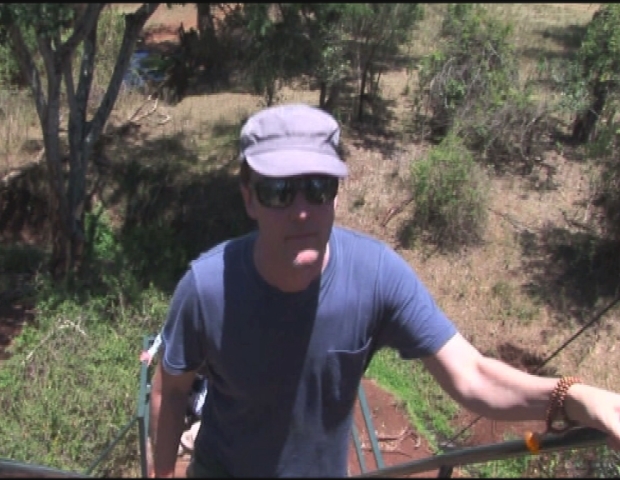UN / RENEWABLE ENERGY
Download
There is no media available to download.
Share
STORY: UN / RENEWABLE ENERGY
TRT: 02:29
SOURCE: UNIFEED
RESTRICTIONS: NONE
LANGUAGE: ENGLISH / NATS
DATELINE: 03 APRIL 2017, NEW YORK CITY / FILE
FILE – RECENT, NEW YORK CITY
1. Tilt up, exterior United Nations headquarters
03 APRIL 2017, NEW YORK CITY
2. Wide shot, dais
3. Wide shot, journalists
4. SOUNDBITE (English) Sven Teske, Author of the report, University of Technology Sydney (UTS) Institute for Sustainable Futures (ISF):
“Is the transition of 100 percent renewables on a global level feasible and realistic? 36 percent strongly agreed with that statement and 35 agreed, so that’s altogether 71 percent agreement, which is a very high number. Only 12 percent who are not decided yet - so neither agree nor disagree - and 17 percent disagree with that statement. So, the majority of the experts think that 100 percent renewable is feasible and realistic.”
5. Wide shot, press
6. SOUNDBITE (English) Christine Lins, Executive Director of Ren21:
“2016 was the third year in a row where the global economy continued to grow, by three percent, but emissions related to the energy sector decreased. And that was mainly due to renewable energy and efficiency investment in China and in the US. And so, we actually really see that renewables are, on the one hand making their way into the energy systems of many countries, but also we see that we have come a long way. We have a 20 percent of the world’s final energy consumption nowadays coming from renewables.”
7. Med shot, journalist
8. SOUNDBITE (English) Christine Lins, Executive Director of Ren21:
“President Trump is a business man so I think he will listen to the economic case of renewables. Maybe he does. And I think how Thomas Friedman this weekend or last week put it, I think what’s happening at the moment is he puts China first. Let’s be very clear, we see nowadays that countries in the world that have stable policy frameworks from renewables are the ones benefiting most from these jobs created and from the turnover. It’s been now a 300 billion dollar annual investment in turnover industry, and I don’t think – with all respect – that the President of the United States will be able to stop that global movement. He might be able to slow it down, but I think the renewables train has really left the station and can’t be stopped anymore.”
10. Zoom out, end of presser
A new report indicates that a majority of renewable energy experts agree that a 100 percent renewable energy future at a global level by the year 2050 “is feasible and realistic.”
The report, “Renewables Global Futures Report: Great debates towards 100% renewable energy,” released today (3 Apr) in New York by the REN21 multi-stakeholder network, analyses the views of 114 renowned energy experts from every region of the world, interviewed over the course of 2016.
Sven Teske, from the University of Technology Sydney (UTS) and author of the report, told reporters at UN Headquarters that 71 percent of experts either “agreed” or “strongly agreed” with that statement while 29 percent disagree or neither agree nor disagree.
The Executive Director of Ren21, Christine Lins, said “2016 was the third year in a row where the global economy continued to grow, by three percent, but emissions related to the energy sector decreased.”
Lins said that this “was mainly due to renewable energy and efficiency investment in China and in the US.”
She said that renewables are, “on the one hand making their way into the energy systems of many countries, but also we see that we have come a long way. We have a 20 percent of the world’s final energy consumption nowadays coming from renewables.”
Asked about the future of renewable energy given the positions expressed by the current US administration, Lins said “President Trump is a business man so I think he will listen to the economic case of renewables.”
She said “I don’t think – with all respect – that the President of the United States will be able to stop that global movement. He might be able to slow it down, but I think the renewables train has really left the station and can’t be stopped anymore.”
According to the report, an estimated 100 million people now receive electricity via distributed renewable energy systems, and markets for such systems are growing rapidly.
